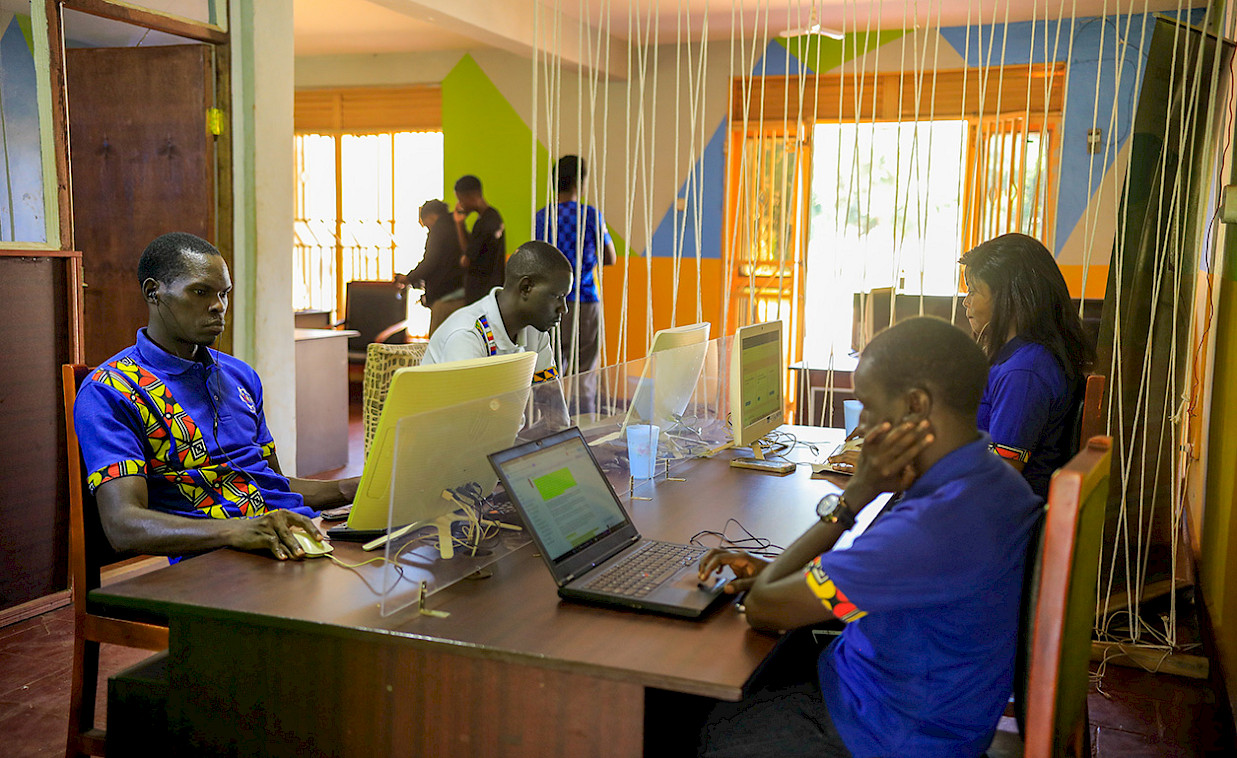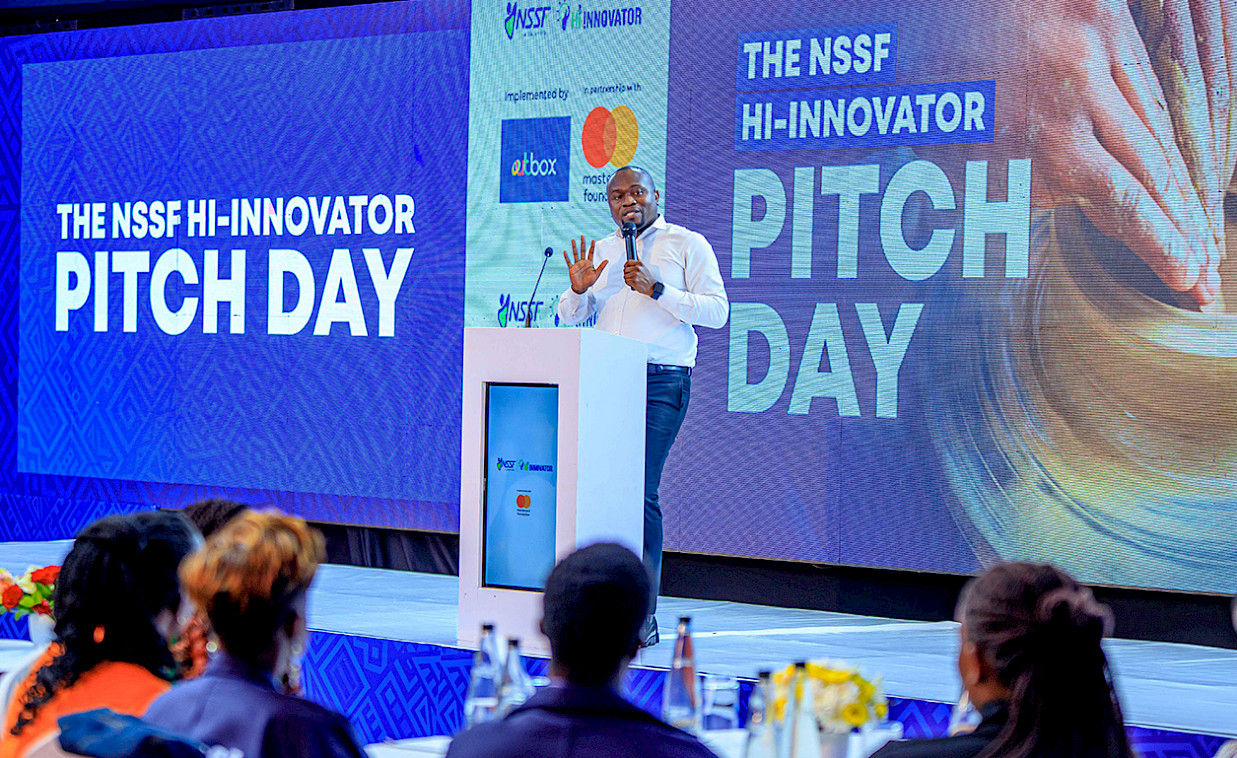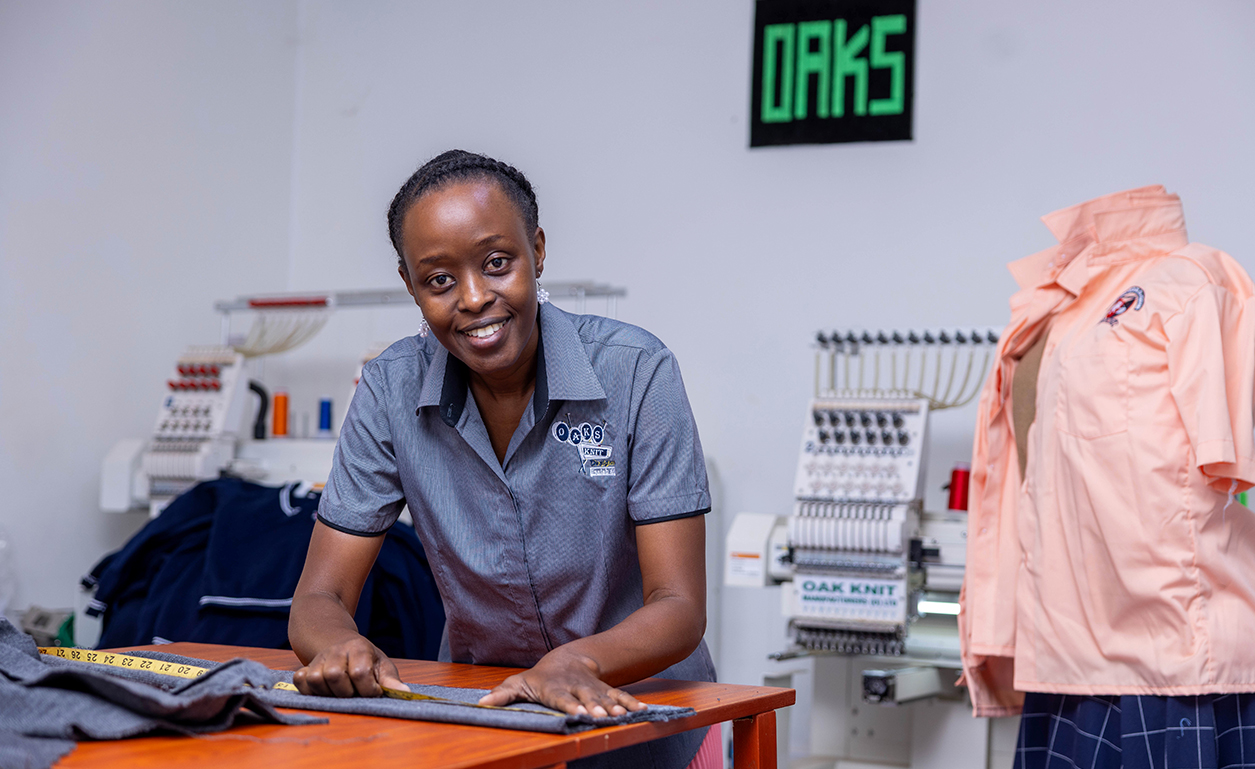NSSF HI-Innovator Programme creates over 200,000 jobs supporting over 400 Businesses
Monday, July 28 2025 2:37 pm
By Christine Kasemiire Follow on LinkedIn
The National Social Security Fund (NSSF) Hi-Innovator Programme has recorded gains in job creation, enterprise development, and entrepreneurial skills, by creating over 200,000 jobs, after seed-funding 438 Small and Growing Businesses (SGBs). This is according to an independent impact evaluation report by Ipsos Uganda Limited that assessed the project’s intervention areas for five years.
The Hi-Innovator is a flagship initiative by the NSSF, designed to create an enabling environment for Uganda’s indigenous SGBs to grow into scalable, investment-ready enterprises. It is done in partnership with the Mastercard Foundation and implemented by Outbox.
According to the evaluation report, some of the highlights are that the programme has trained 81,078 entrepreneurs (exceeding the 75,000 target), seed-funded 438 Small and Growing Businesses (SGBs), and supported the creation of 202,323 jobs—significantly surpassing the original target of 132,000 since its inception in 2020.
Of these jobs, 63,469 have been secured by youth, with 22,200 classified as dignified employment.

In line with its commitment to gender equity, the report states that 68% of funded businesses are women-led, while 48% of all trainees (38,729) have been women. Additionally, 63,589 of all trained entrepreneurs (78%) have been youth, and 30,294 (37%) young women. Over UGX28 billion in seed funding has been disbursed to date, reinforcing the programme’s role as a key engine for inclusive economic development.
Patrick Ayota, the Managing Director of the National Social Security Fund (NSSF) noted that “The partnership between NSSF Uganda and the Mastercard Foundation has had a significant impact, creating dignified employment opportunities for young people while supporting the growth of the Fund through sustainable business development.
“As a requirement for receiving funding, eligible businesses were mandated to register their employees with NSSF. To date, the 438 supported SGBs have collectively registered nearly 2,000 new members and contributed a total of UGX 1.7 billion to the Fund,” he said.
Emphasising Mastercard Foundation’s commitment to empowering the youth, Meralyn Mungereza, the Country Programme Head at the Foundation said, “Our core mission in this programme has been to ensure that young people are equipped with the skills, tools, and opportunities they need to access dignified and fulfilling work. Through strategic partnerships and targeted support, we are unlocking the potential of Africa’s youth and enabling them to thrive in an inclusive, resilient economy.”
The programme’s impact goes well beyond job numbers. Over 85% of the funded businesses remain operational six months after receiving support, with 77% reporting improvements in critical performance areas including revenue growth, customer retention, and product quality—reflecting stronger business resilience and improved financial literacy.
Agriculture remains the leading sector in job creation, followed by manufacturing, digital services, and health. Investor confidence is also on the rise, with 53% of supported businesses attracting follow-on investment—more than double the initial projections. This highlights the programme’s success in nurturing scalable, investment-ready ventures.
One of the cornerstones of the programme is digital skilling. As a testament to that, the online learning platform earned a Net Promoter Score (NPS) of 8/10, with 78% of participants saying they are applying the knowledge gained directly in their businesses or careers.
Collaboration has also been central to the programme’s success, particularly through partnerships with over 13 Entrepreneur Support Organisations (ESOs) such as Mkazipreneur, Makerere University Bussiness Incubator among others, providing technical assistance, mentorship, and compliance guidance for participating businesses.

According to Richard Zulu the Team Principal at Outbox and the leader of the ESOs, Hi-Innovator has redefined what it means to build and back Ugandan-grown, youth-led enterprises using local capital supported by local organisations.
“The impact extended well beyond businesses—it provided opportunities for young people to grow in an ecosystem where few such opportunities exist, while catalyzing long-term shifts in how we support entrepreneurship sustainably,” he said.
As the programme transitions into its next phase, the Hi-Innovator plans to deepen its focus on youth and women-led enterprises, strengthen post-investment support, enhance business compliance, and scale the capacity of entrepreneur support organisations.







